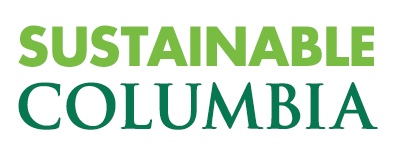Carbon capture and storage in geologic reservoir is a key technology to mitigate climate change. In order for geological CO2 storage to be safe and reliable, strategies for CO2 leak detection and quantification are crucial. STEMM-CCS (Strategies for Environmental Monitoring of Marine Carbon Capture and Storage) is an interdisciplinary project that explores monitoring strategies for the offshore, sub-seabed storage of CO2. A controlled CO2 release experiment was completed in May 2019 in the central North Sea, whereby CO2 gas was injected into shallow marine sediments at different rates. A set of non-toxic tracer gases (octafluoropropane (C3F8), sulfur hexafluoride (SF6) and krypton (Kr)) were co-injected to detect CO2 leakage and CO2 dissolution in the pore water and water column. AUV, ROV and sensors on moorings and landers were used to collect samples and to monitor changes in the marine environment. First results on the performance of this newly applied tracer monitoring approach from this unique experiments in the North Sea will be presented.
Bio Juerg M. Matter is Associate Professor in Geoengineering at the University of Southampton, UK since spring 2013. Matter was previously an Associate Research Professor at Lamont-Doherty Earth Observatory, and an Adjunct Assistant Professor at the School of International and Public Affairs at Columbia University, New York. Matter studies the physical and geochemical processes of gas-water-rock reactions. He has worked on the geochemical and isotopic characterization of groundwater systems applying field techniques and numerical simulations. His primary focus now is on geologic carbon capture and storage. Matter has made fundamental advances in understanding permanent carbon storage in unconventional geologic reservoirs, such as basaltic rocks and mantle peridotites. He also develops new tracer techniques for monitoring and accounting of CO2 transport, reactivity and storage in geologic systems. He received his MSci and PhD from ETH-Zurich in Switzerland.
